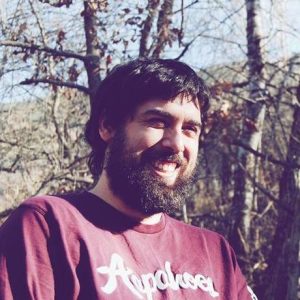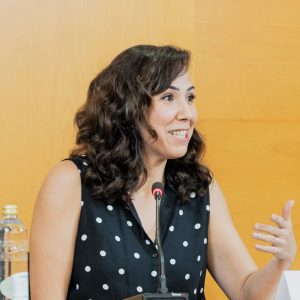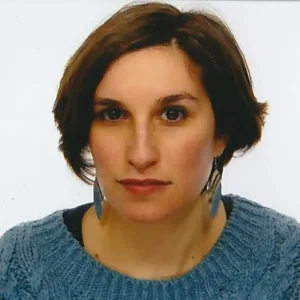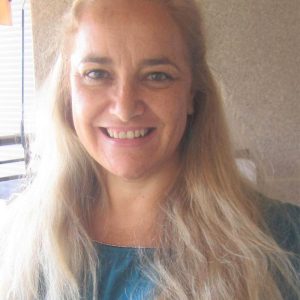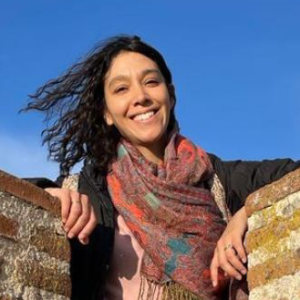MOTIVATION
The current employment landscape in science has become more competitive than ever, with young scientists requiring very long postdoctoral periods before obtaining a stable position. Additionally, the requisites and merits that need to be accredited to access career-advancing grants and contracts are ever-changing, making it so that small missteps in building a CV and merits can significantly delay the progress of the scientific career. This special session is addressed to Early Career Researchers and PhD students in their final year, and aims at providing a succinct but comprehensive overview of the variety of merits that young scientists should be on the lookout for opportunities to fulfill. Our invited talks will feature experts who will cover all the possible general career paths that a postdoctoral researcher can follow, including careers in teaching or in the industry.
We encourage all young researchers attending this year’s SEA meeting to join us and get a guide for your next steps in science.

